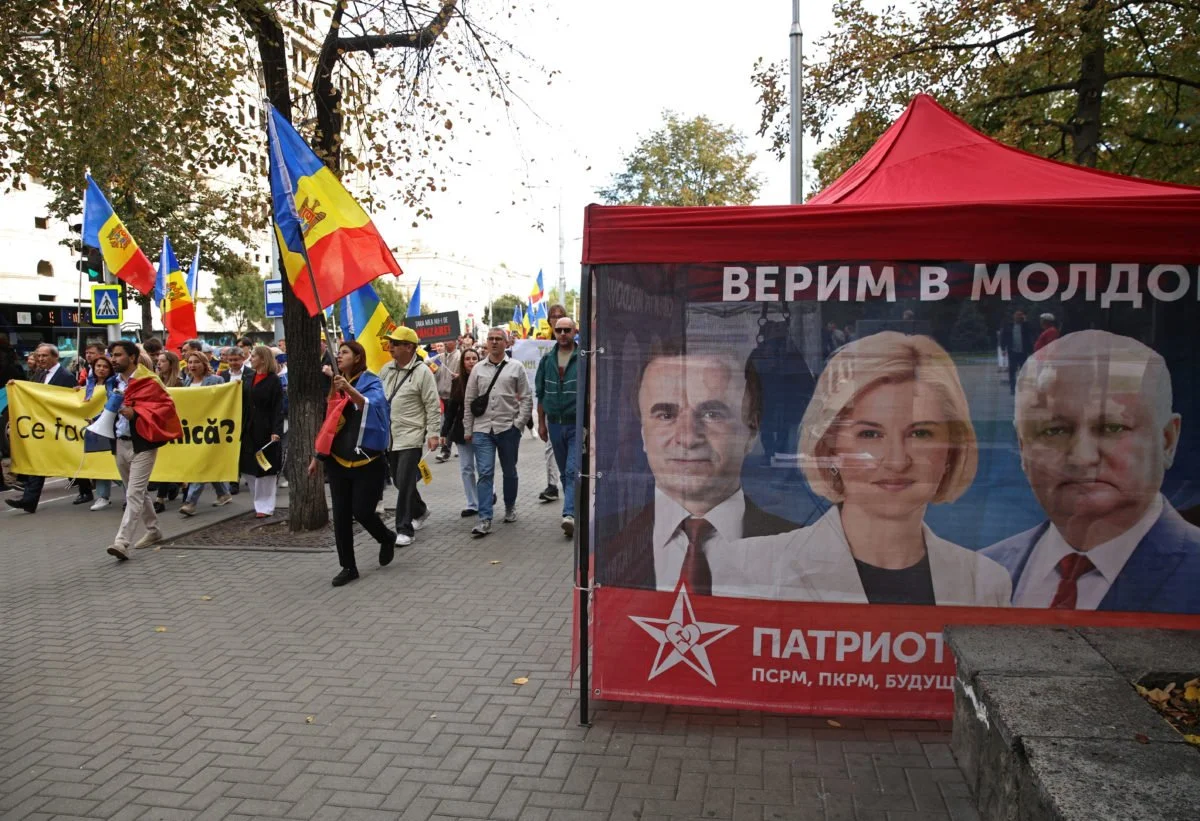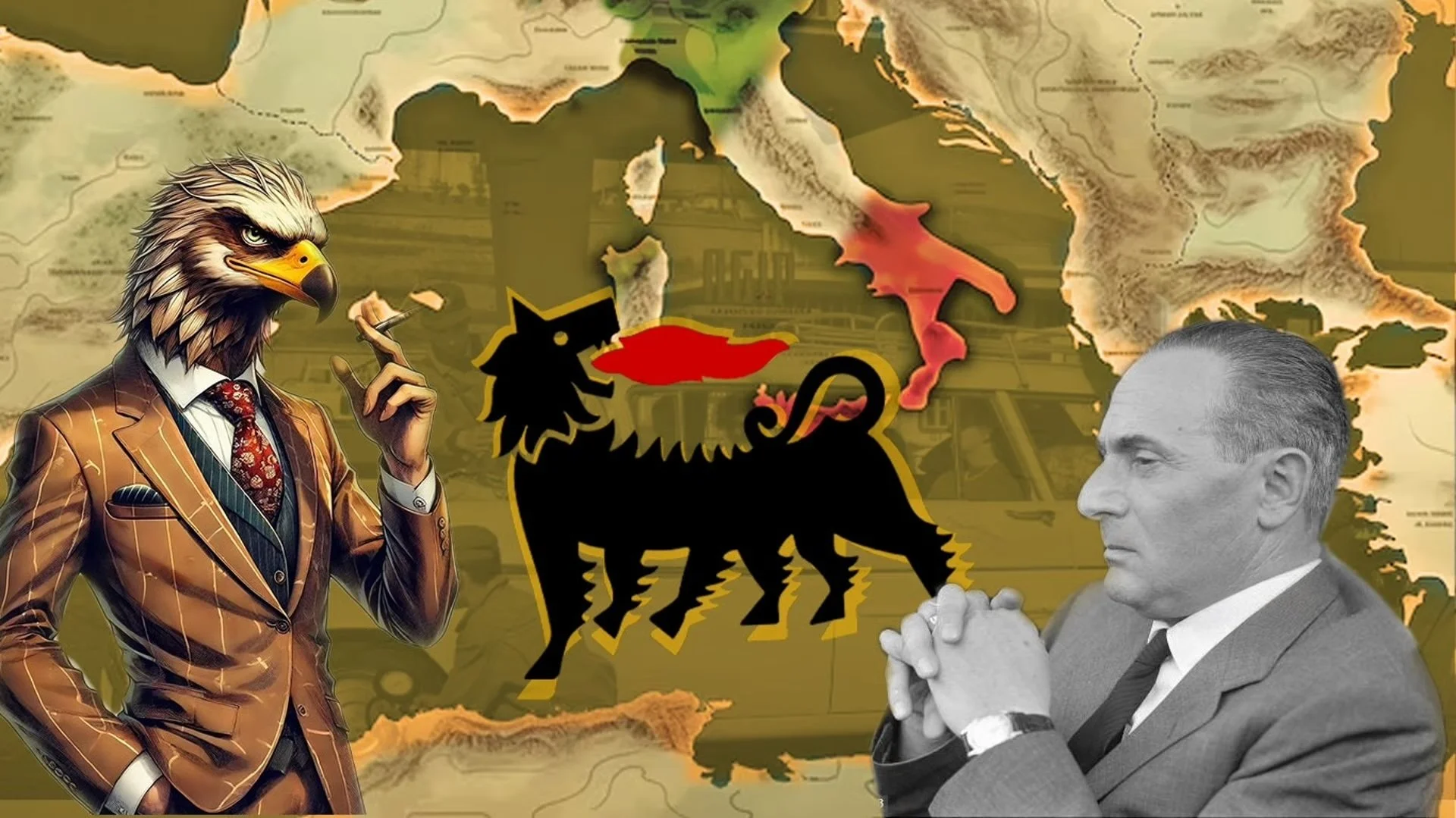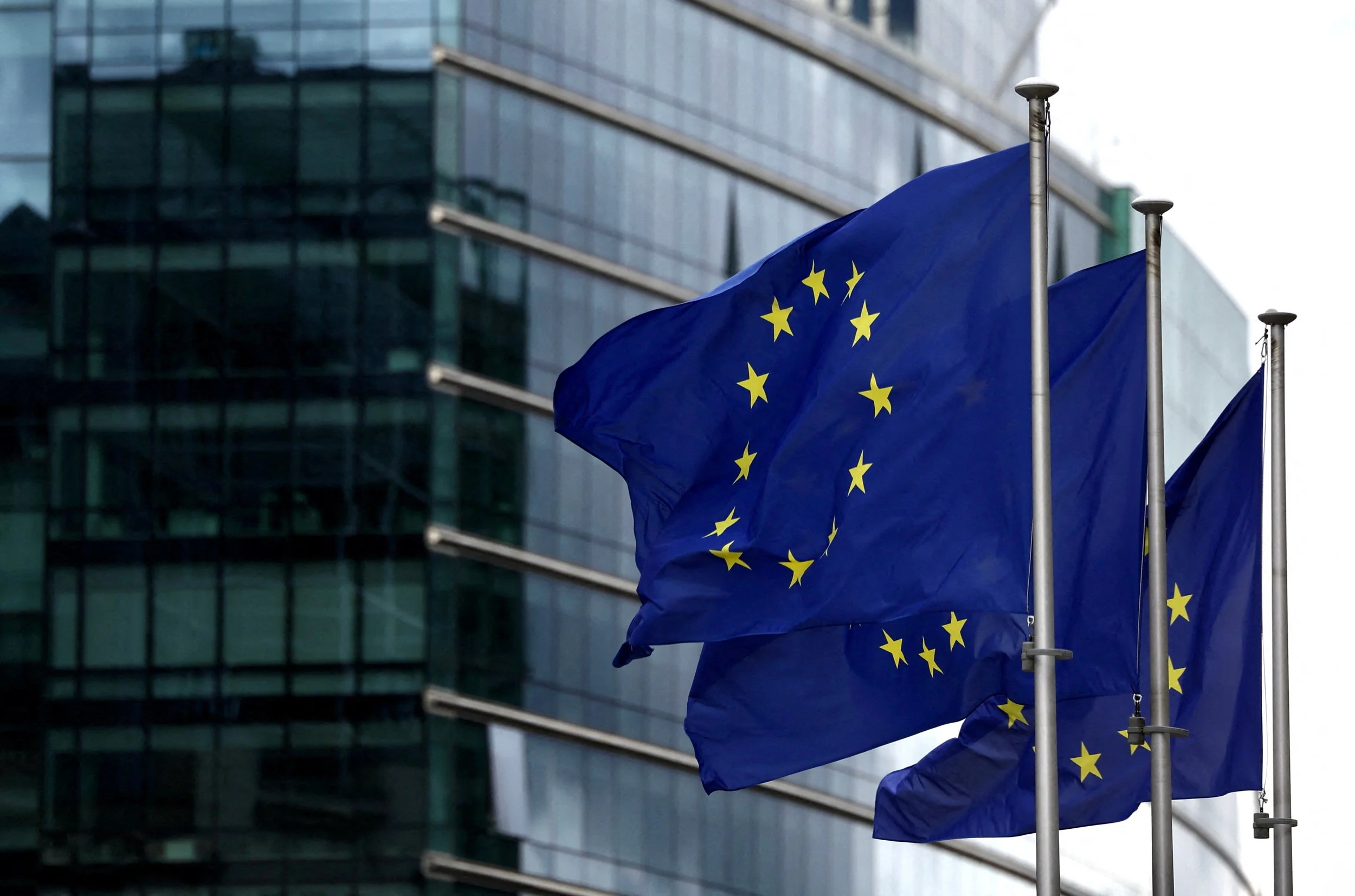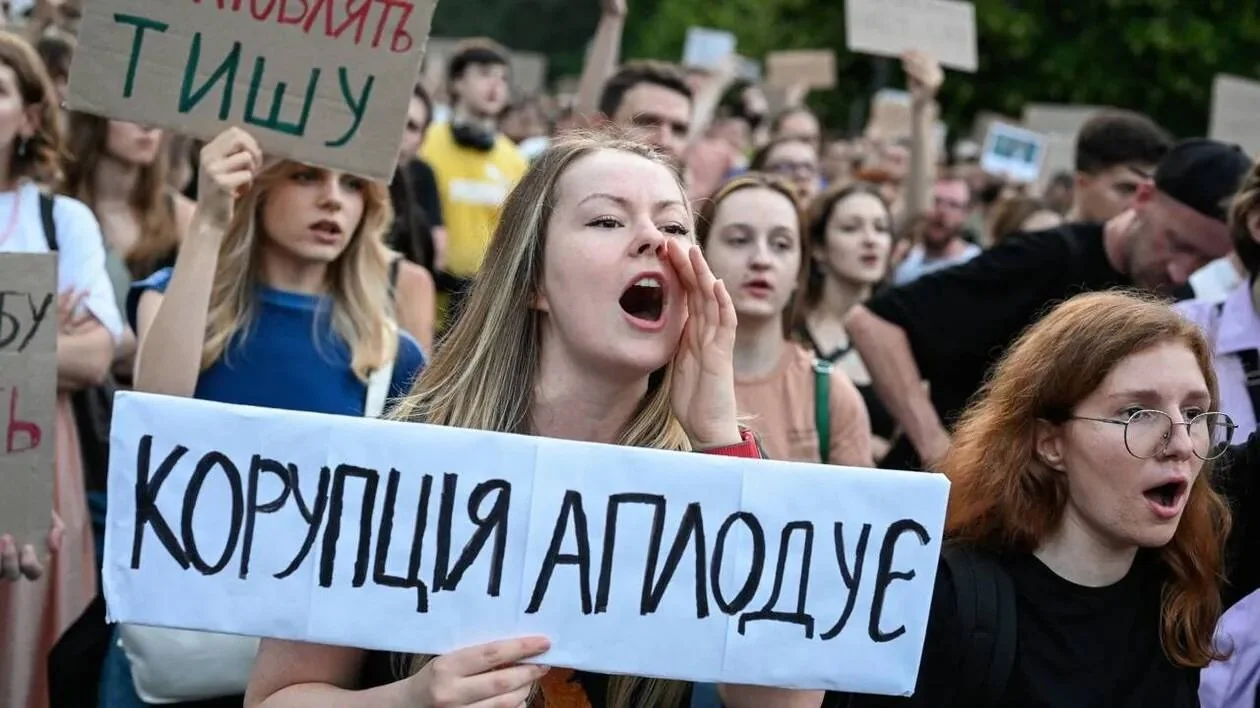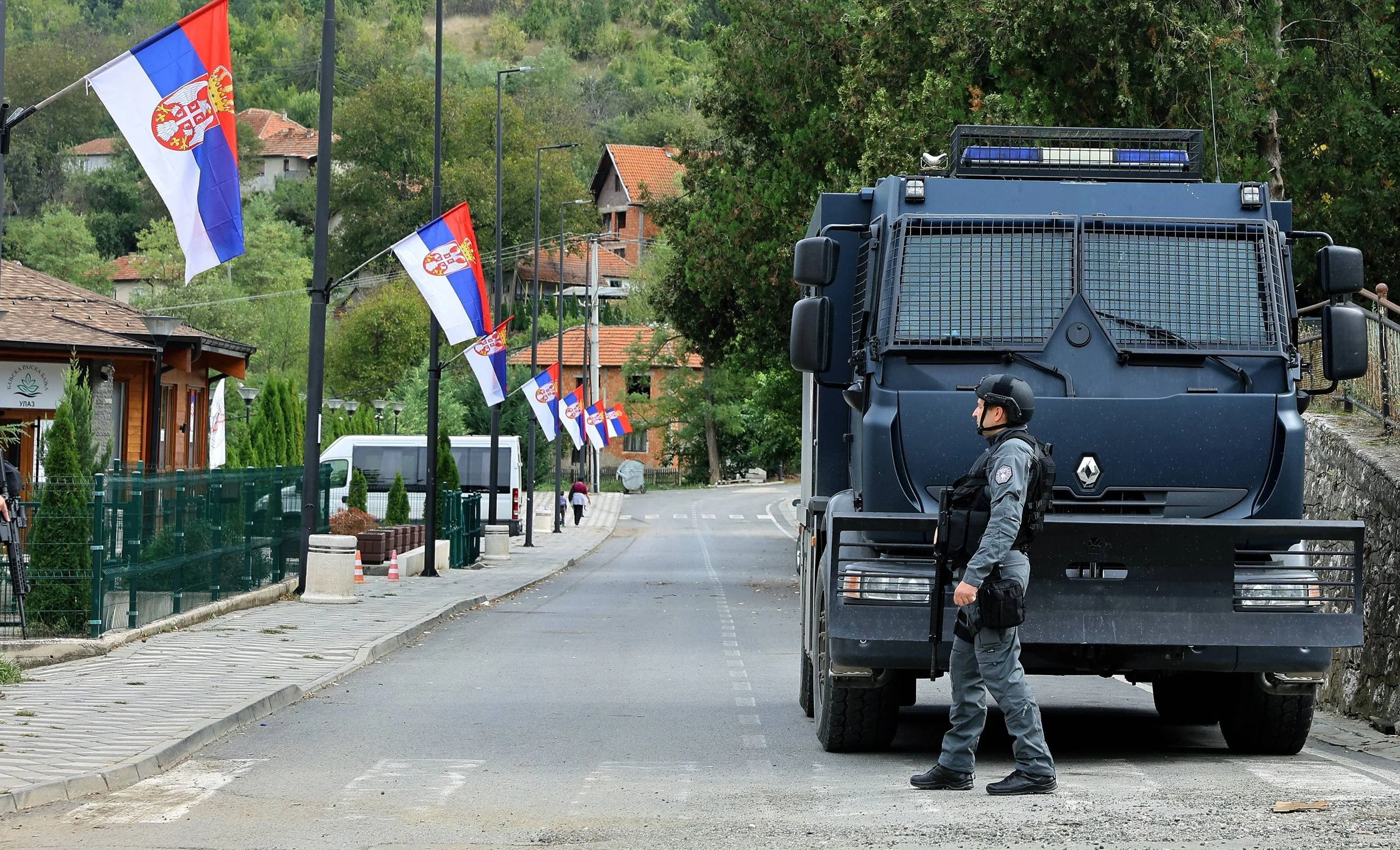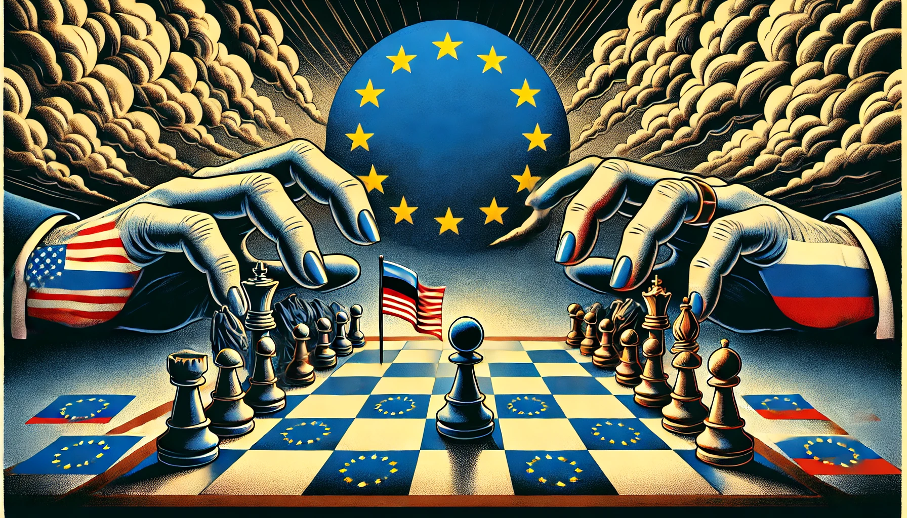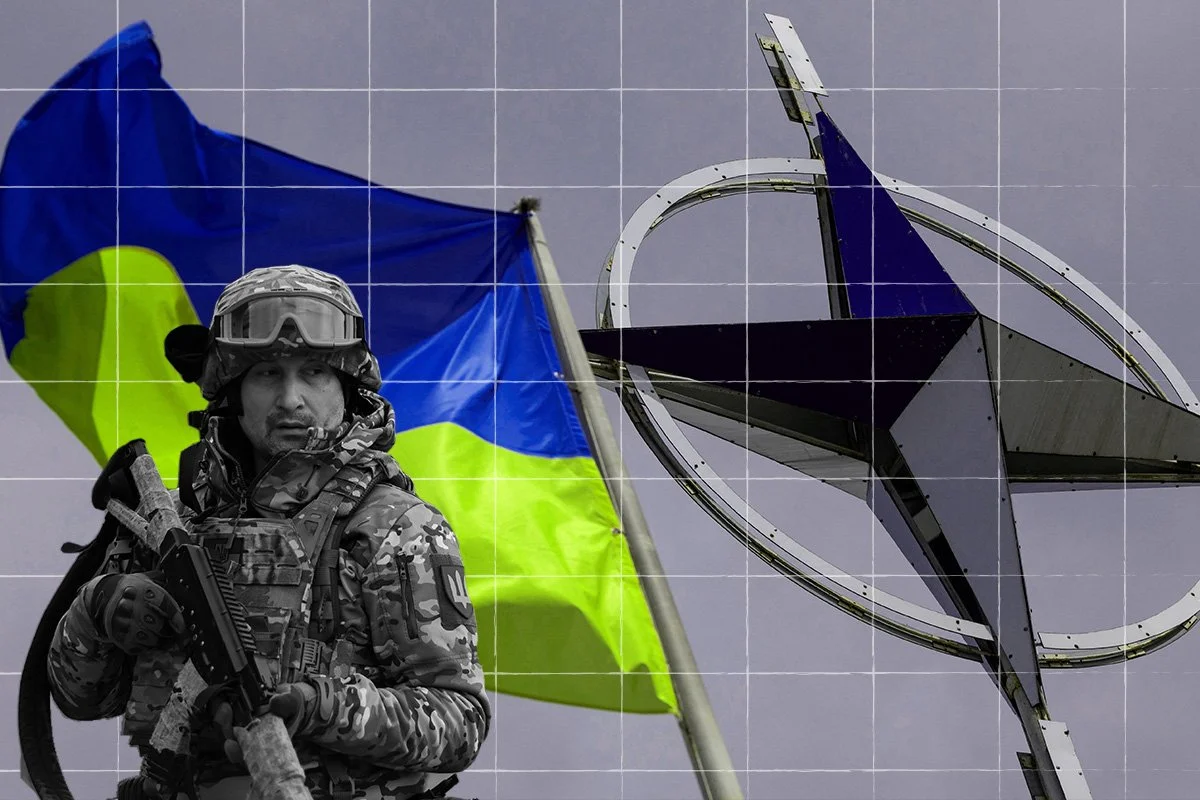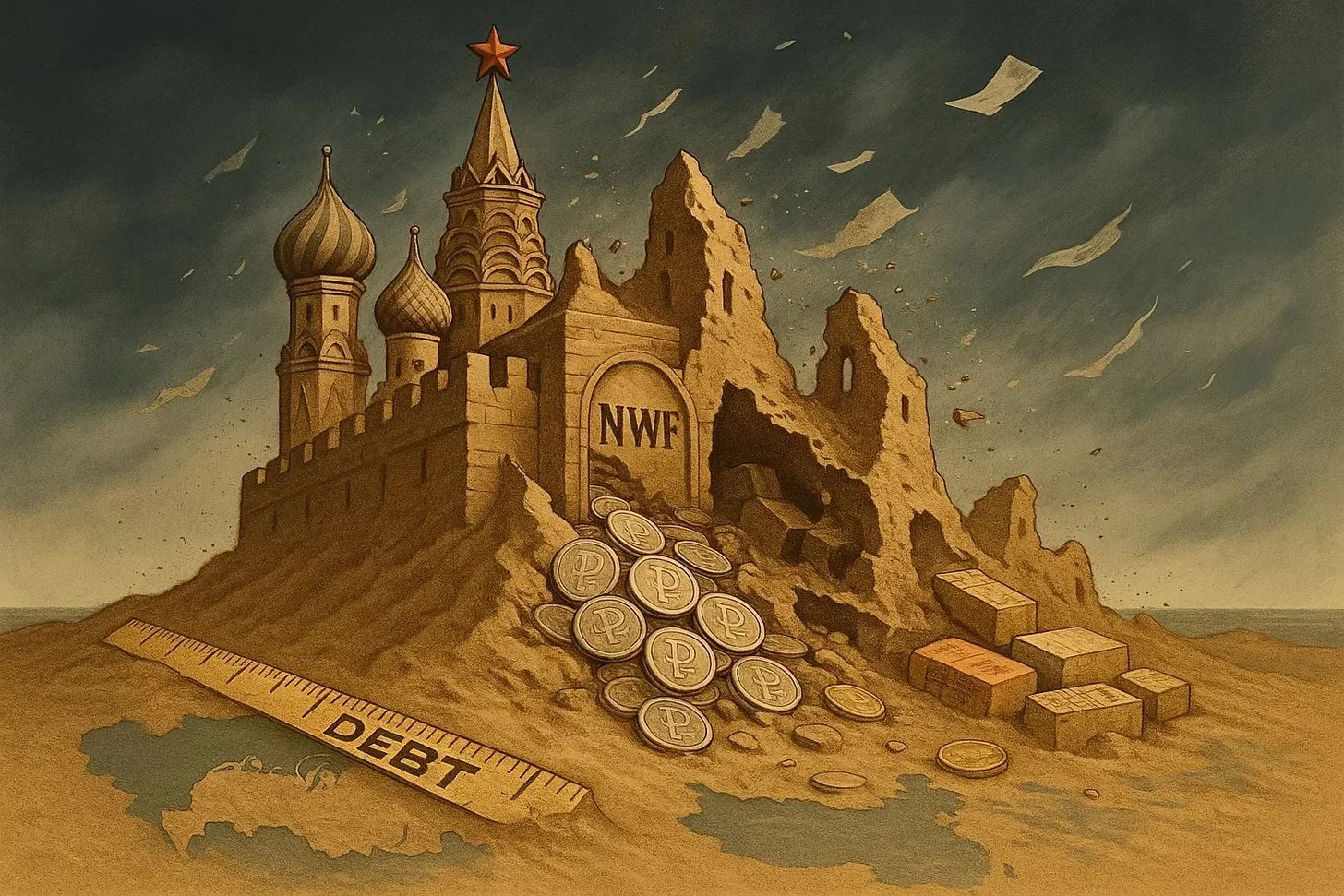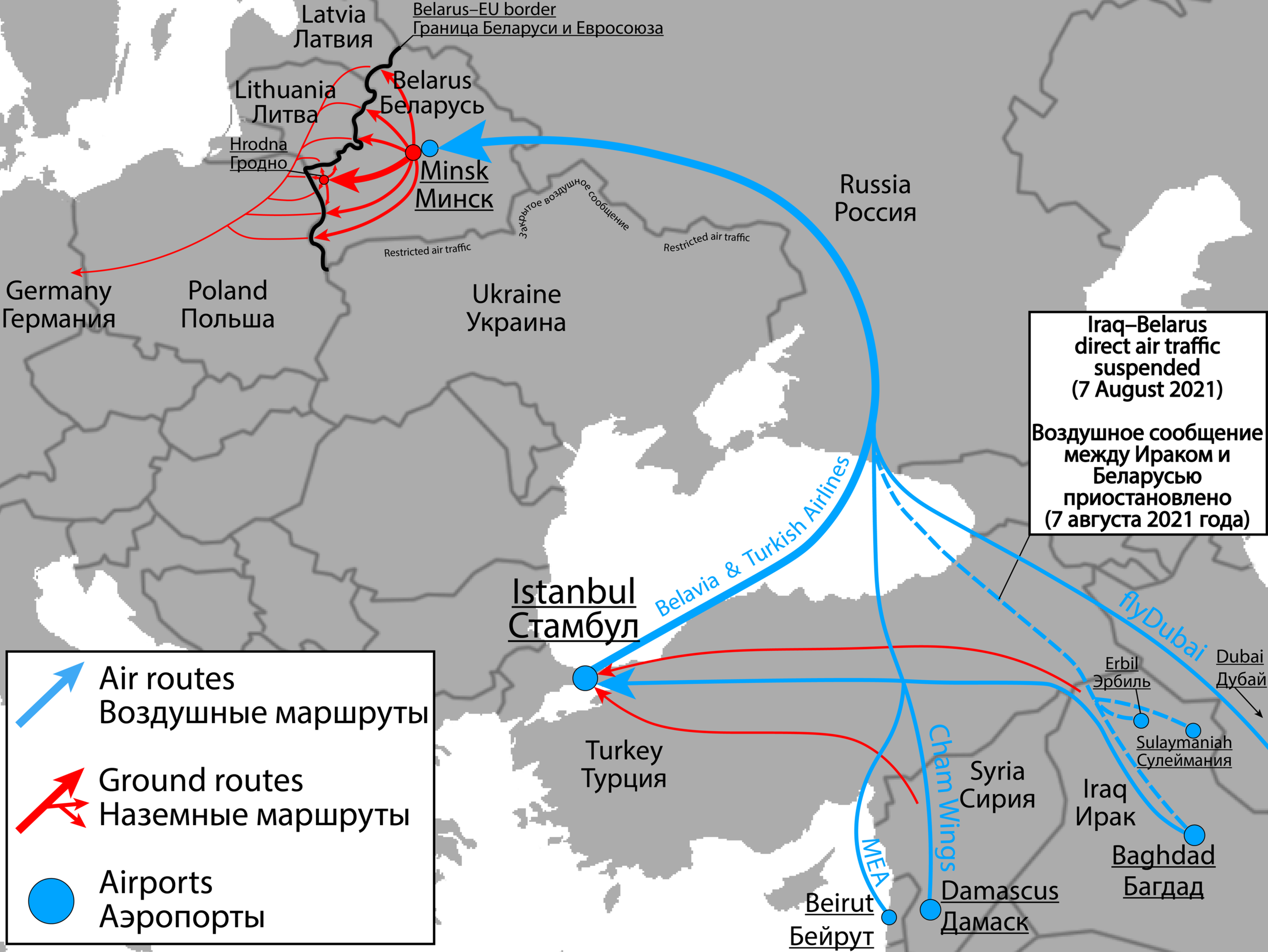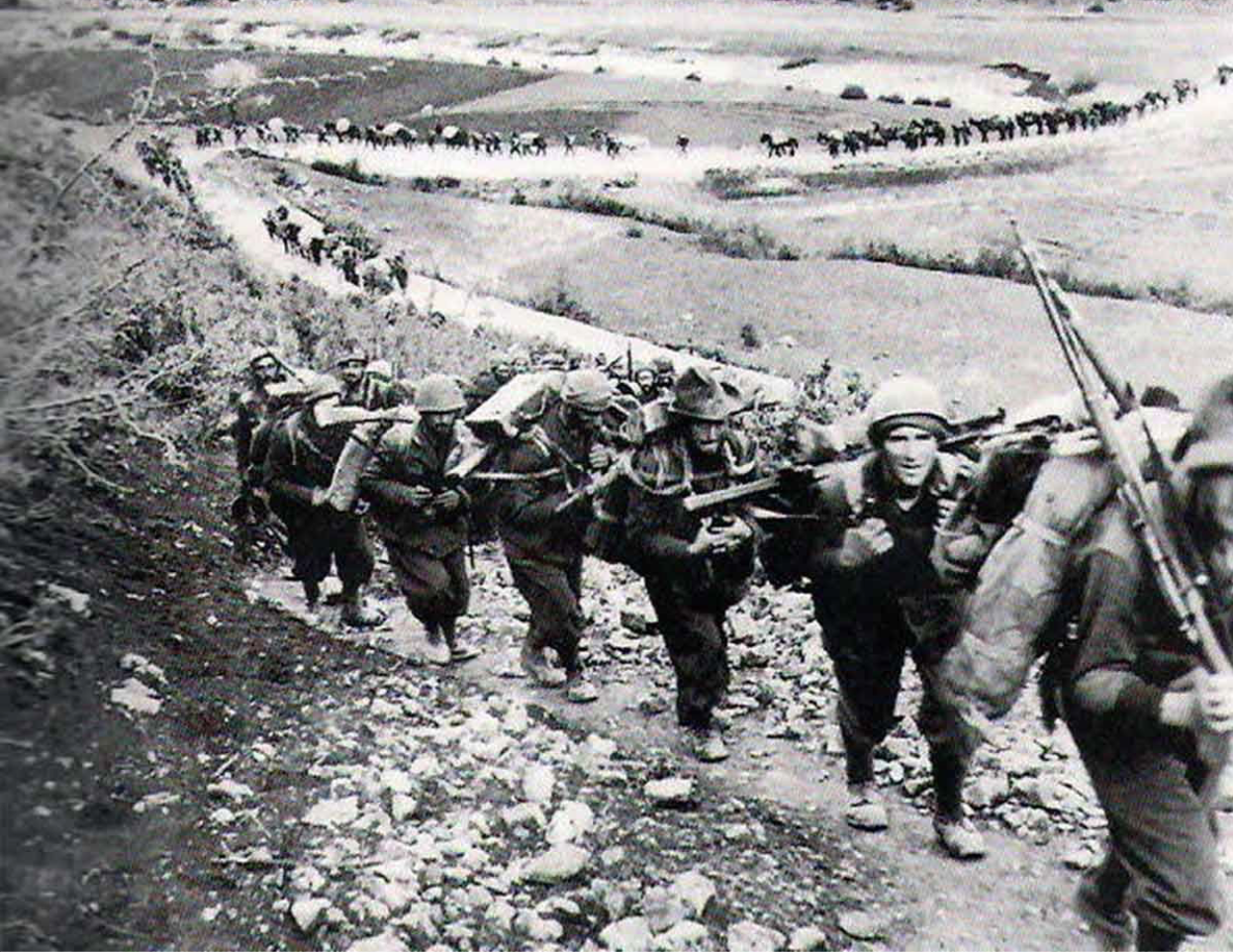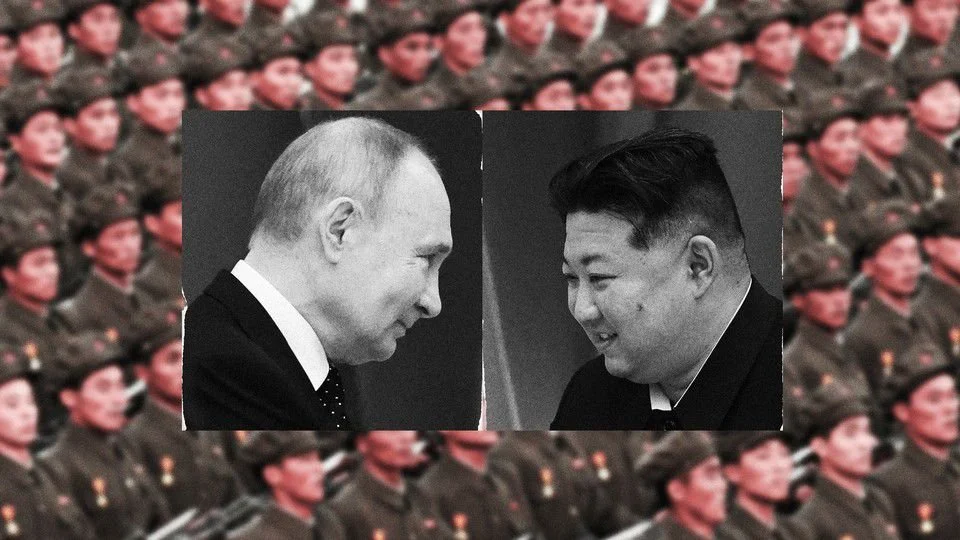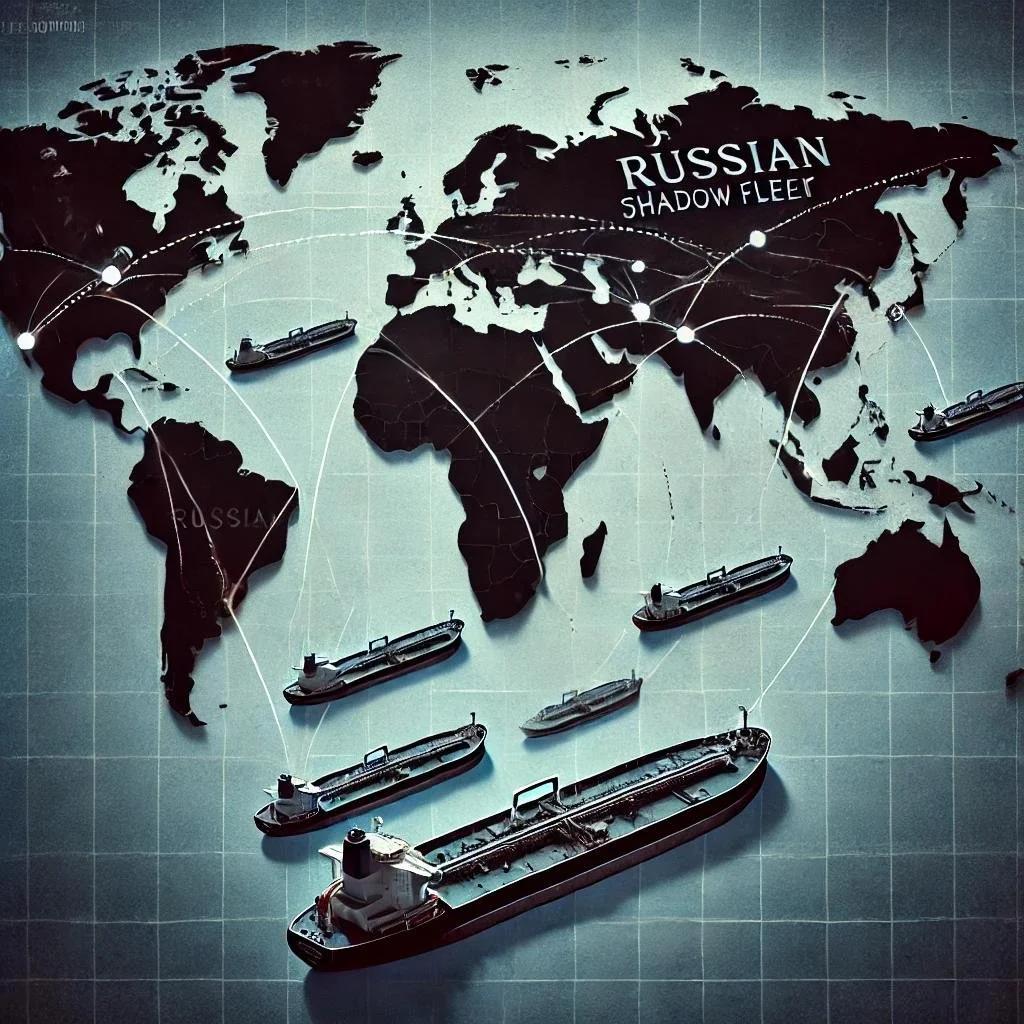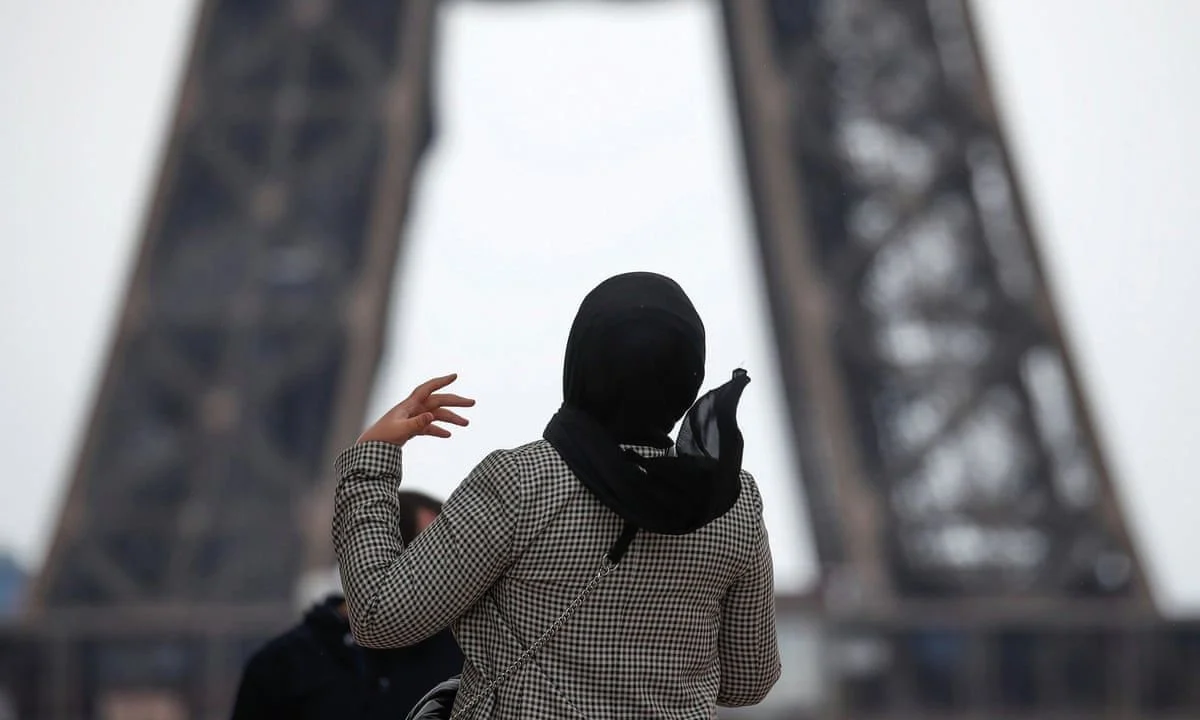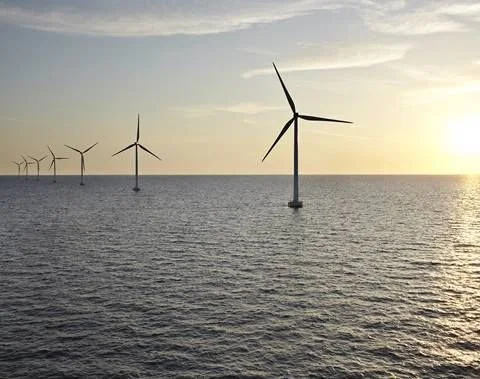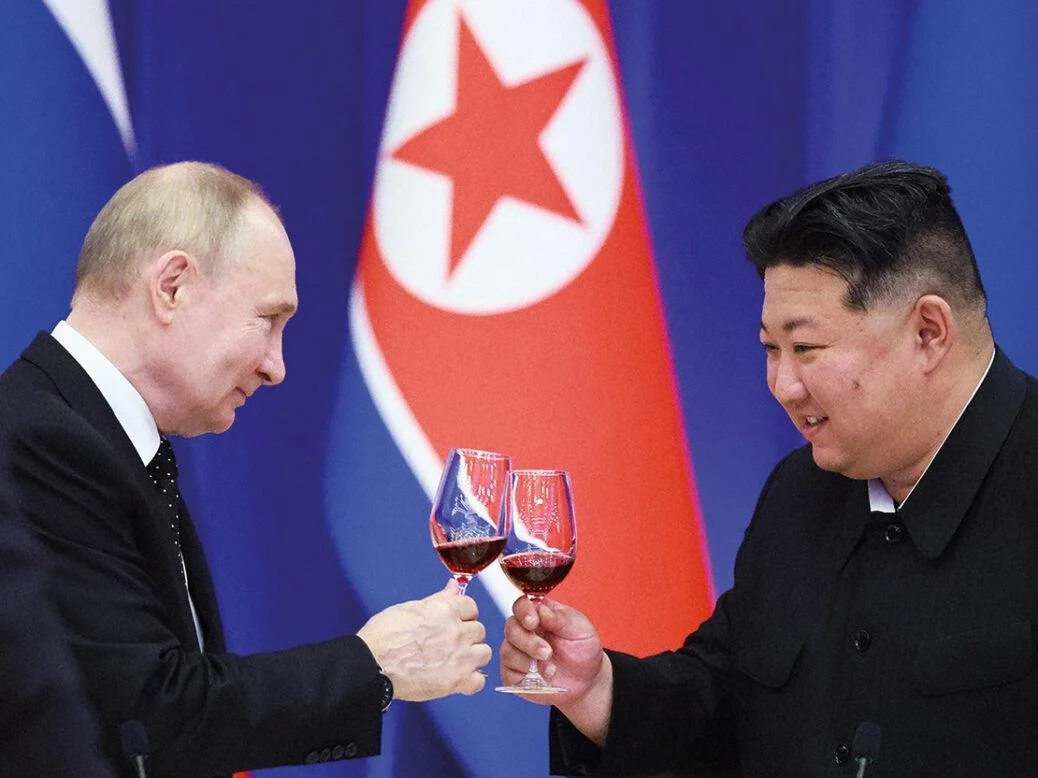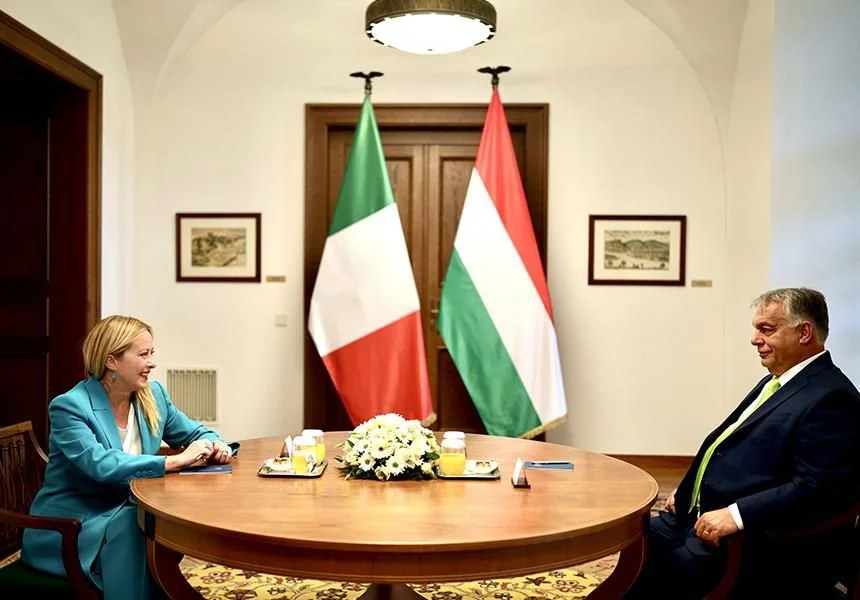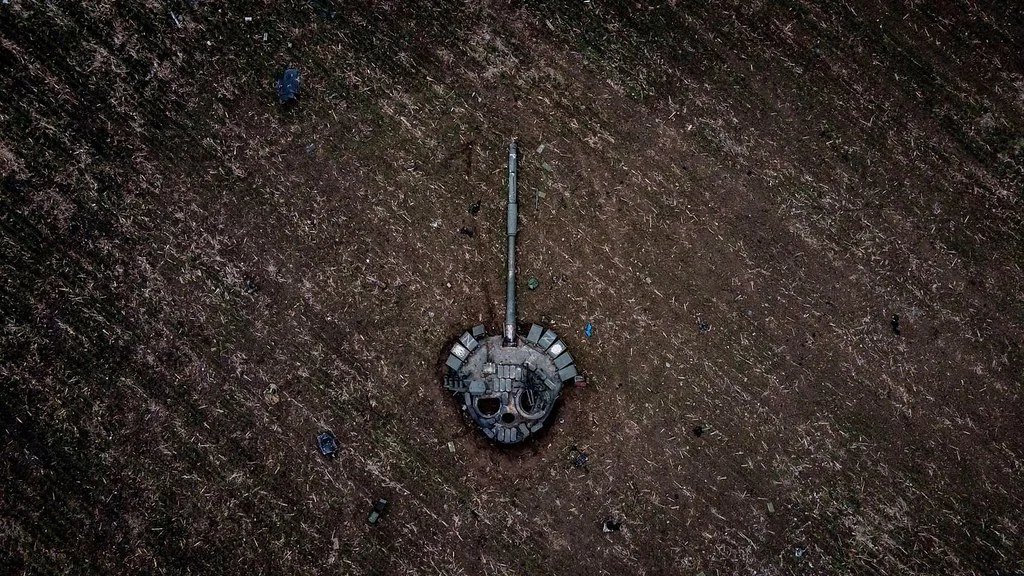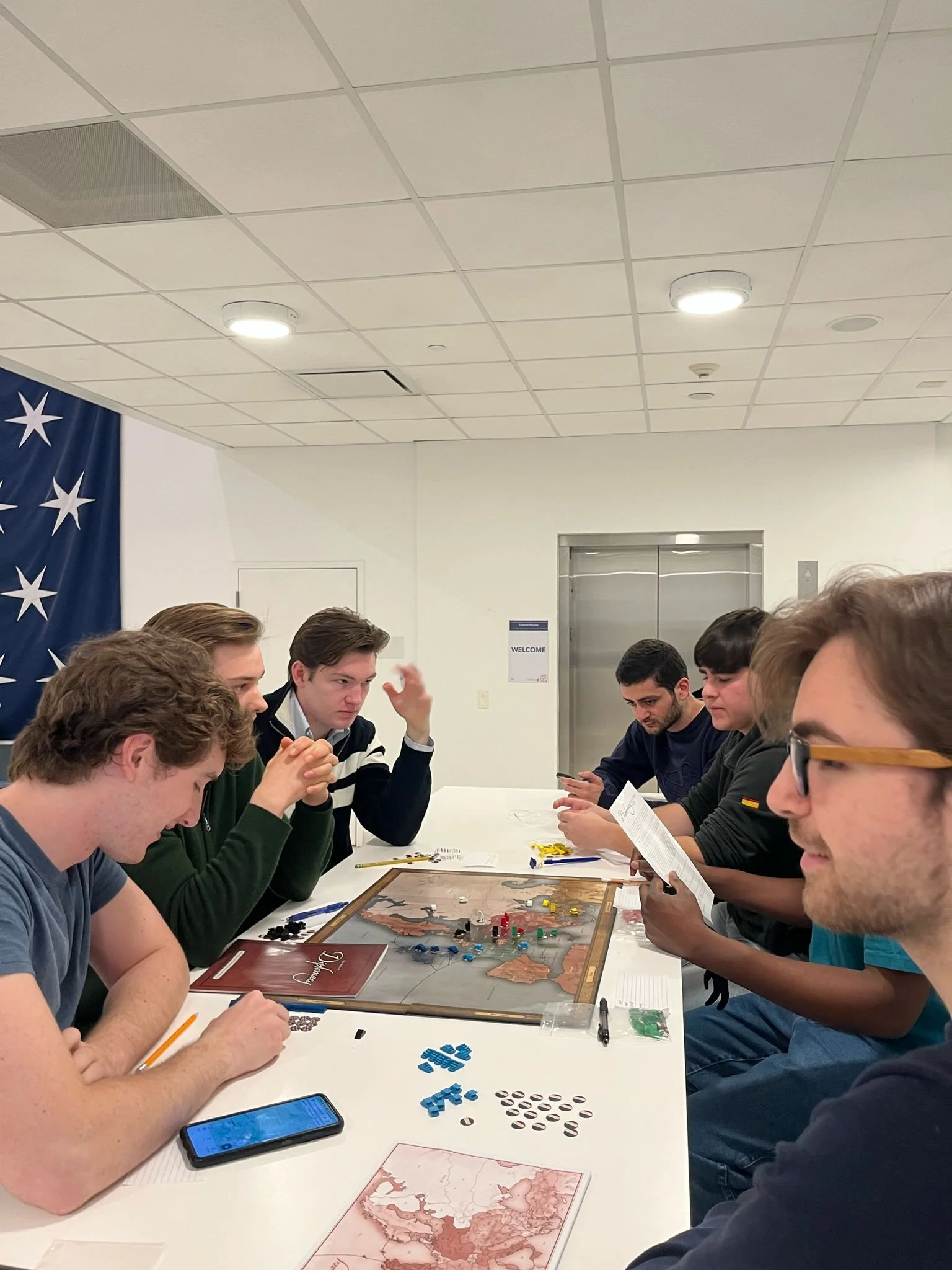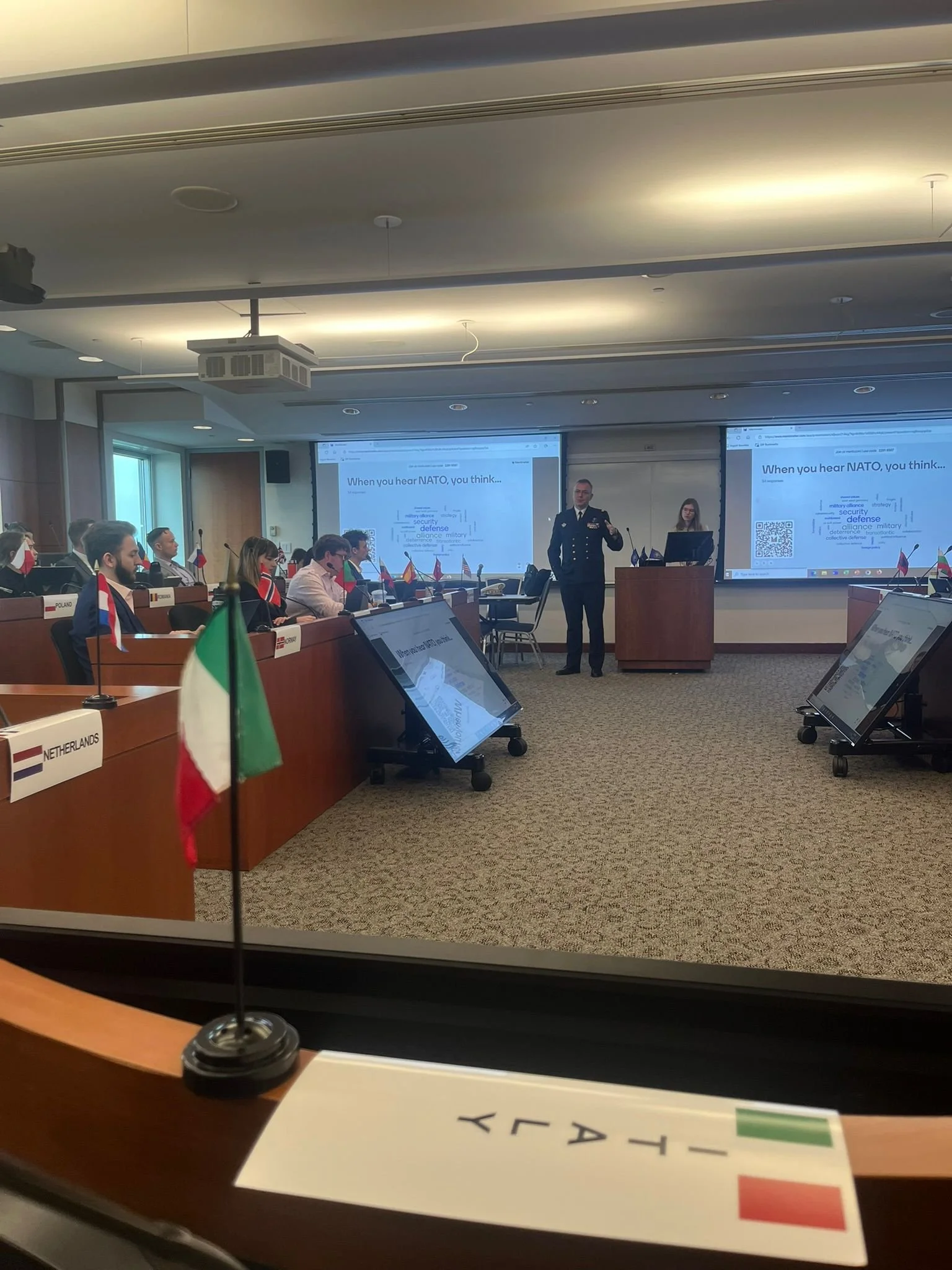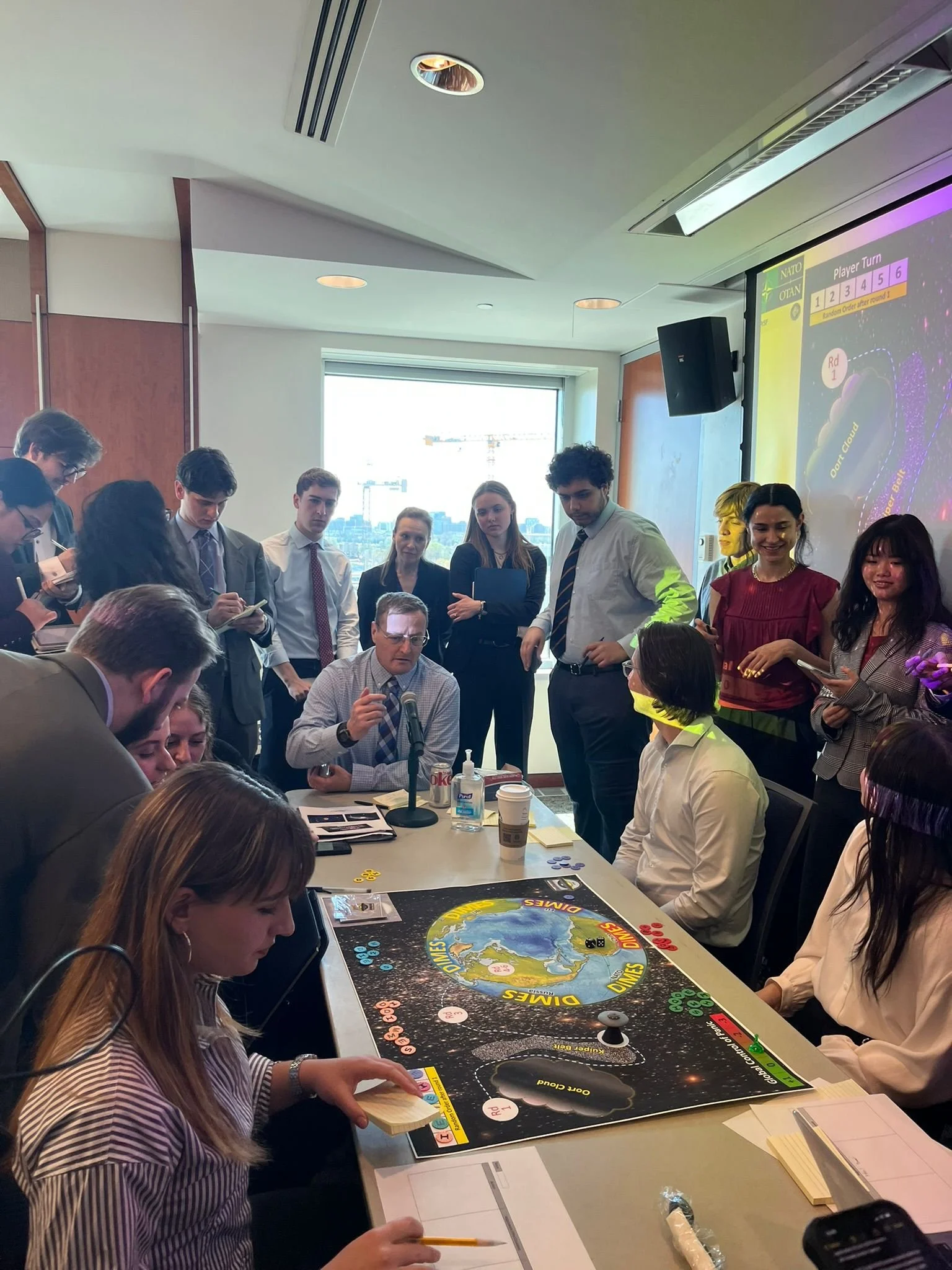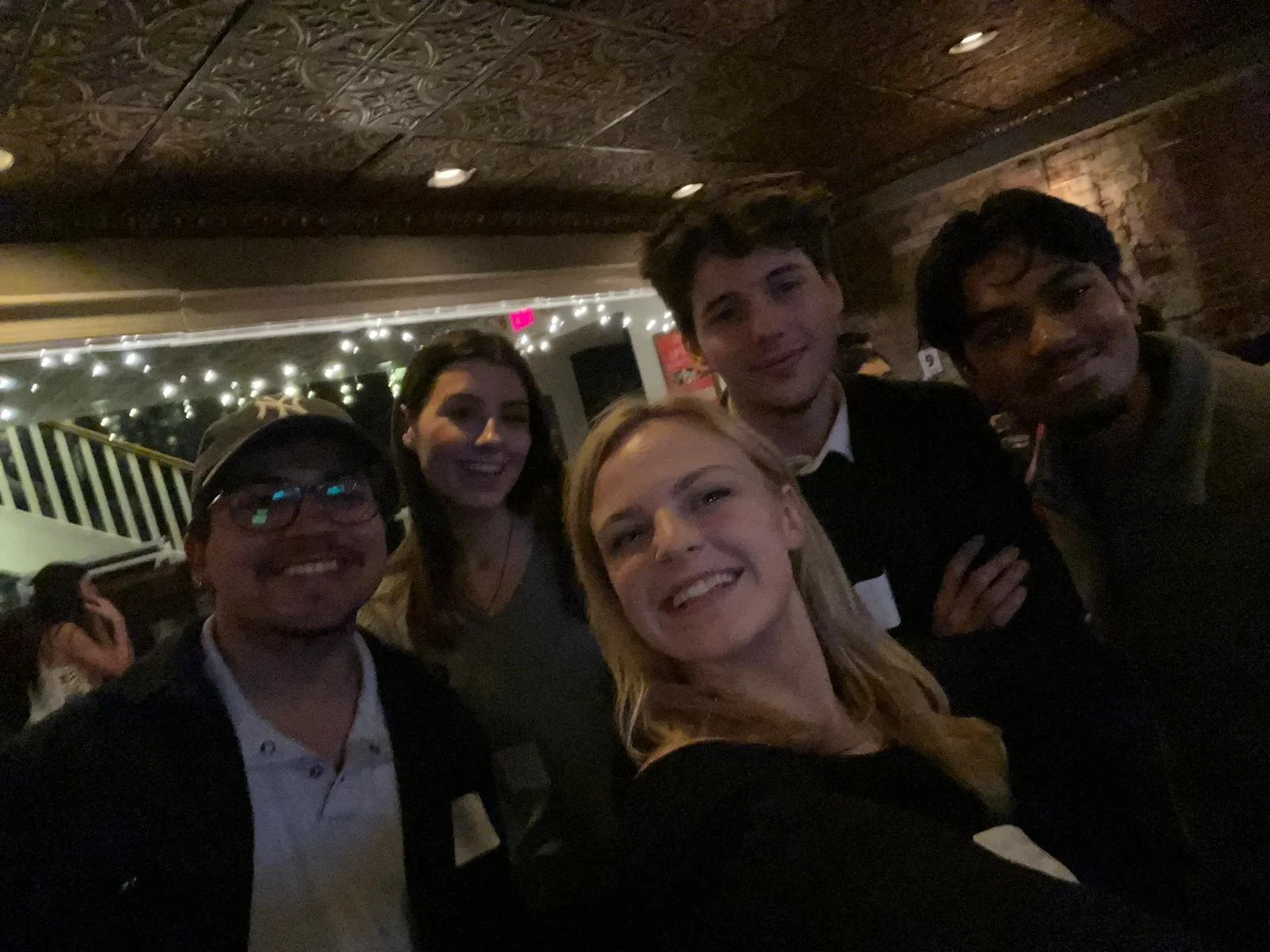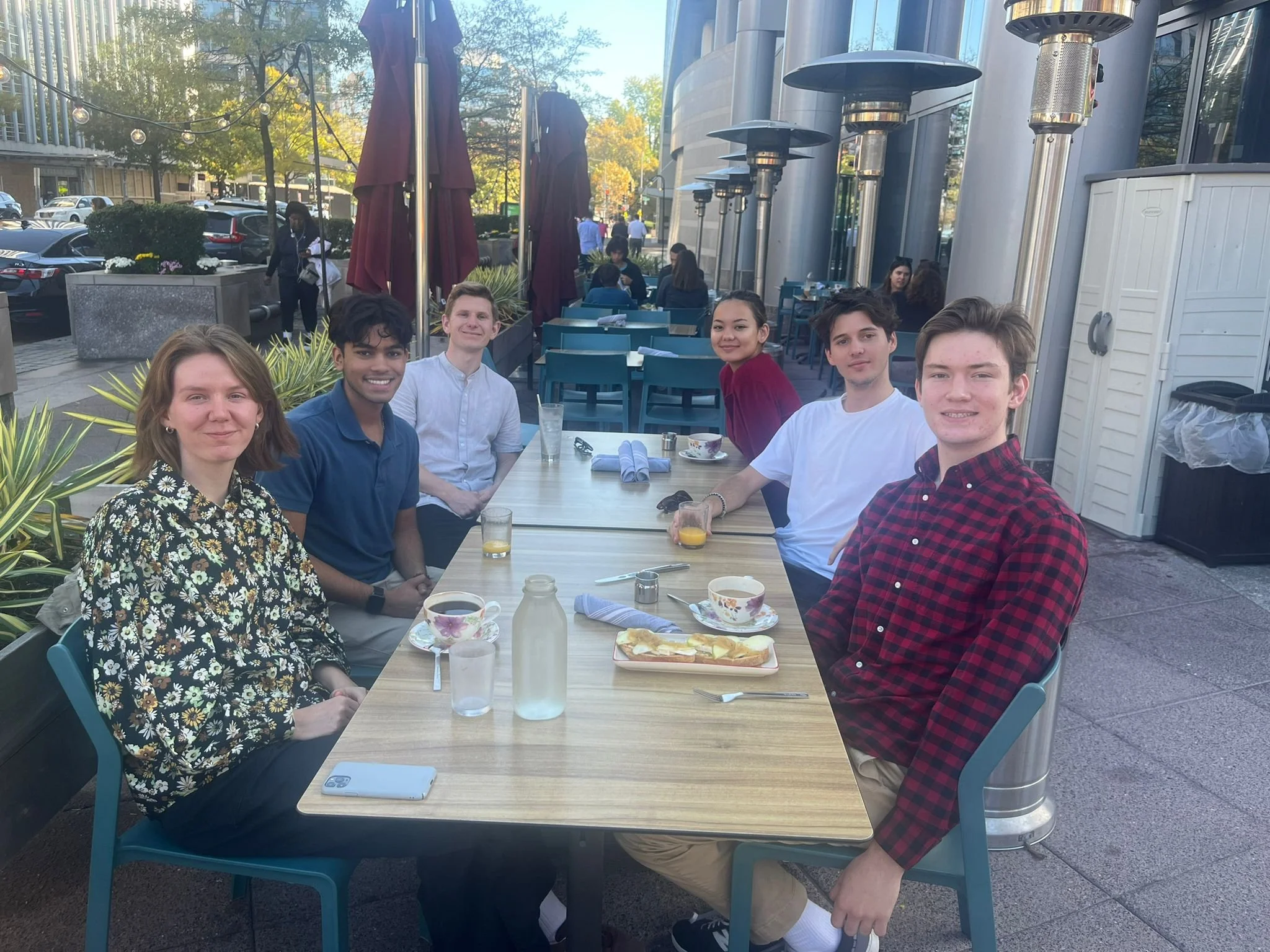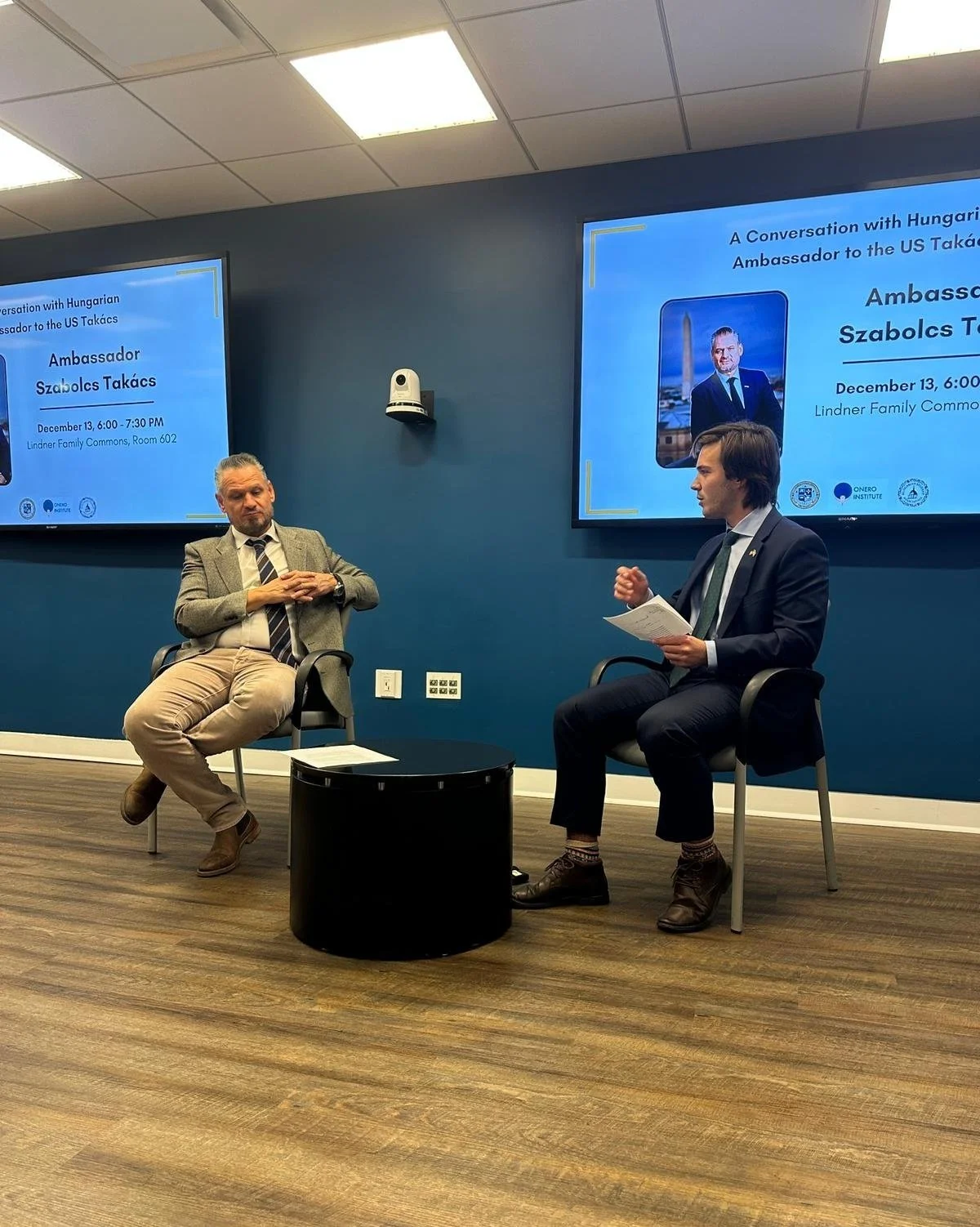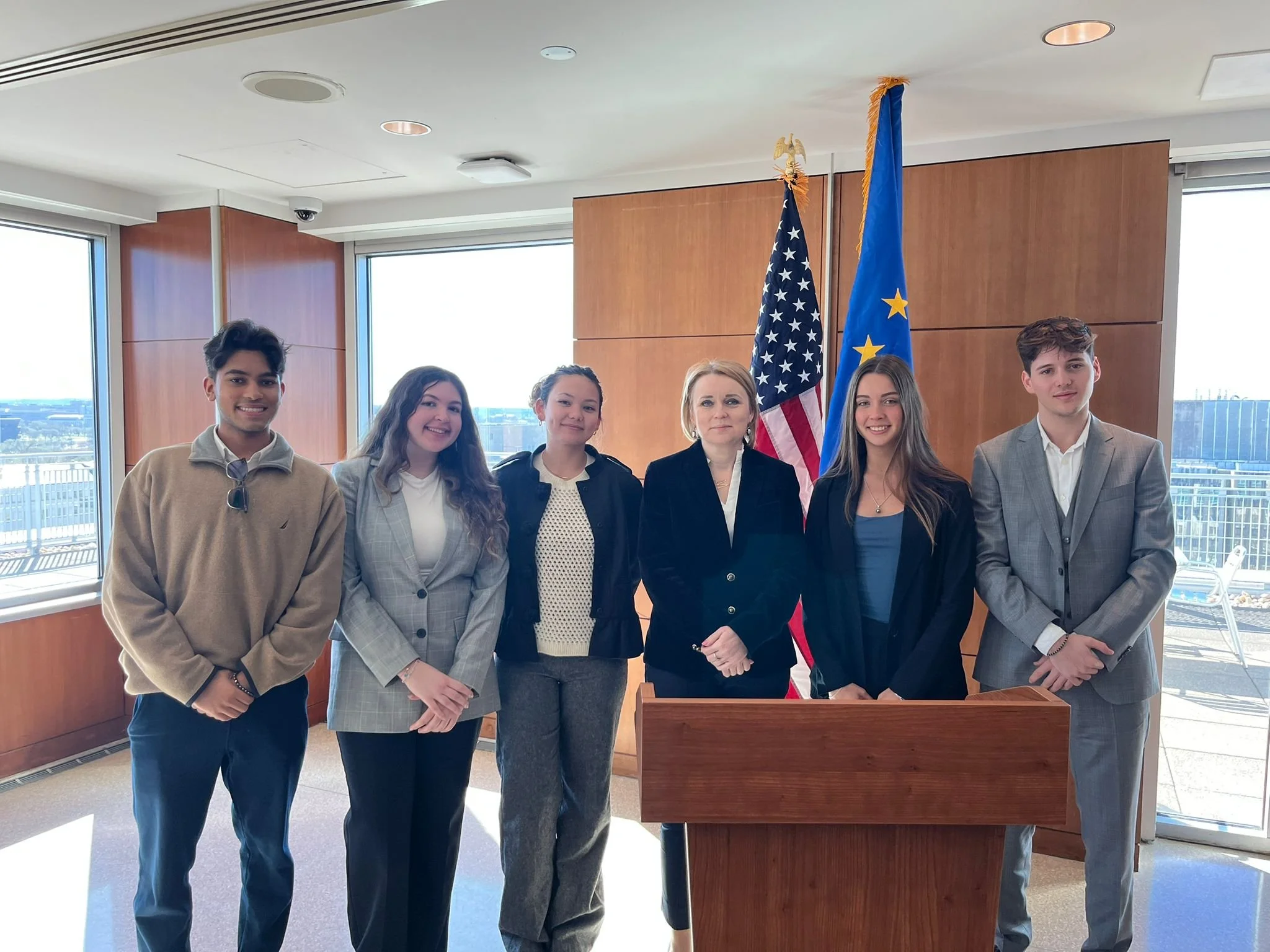
Onero Institute
European Regional Program

The European Regional Program seeks to provide students with the opportunity and resources to contribute their insights into European and Europe-related history, current events, politics, and culture to the public discourse.

Read our past work
Click the image to view
Click the image to view
Click the image to view
Cultural projects
Click the image to view
Join us
Contributors
• Write and publish analytical or informative work relating to Europe.
• We’re open to students and recent graduates from any university who are hoping to build their portfolio.
Outreach & events
• Build and support our relationships with relevant professionals.
• Organize professional, thematic, and social events relating to your areas of interest.
Our Recent articles
-
![]()
A Deep Dive Into Moldova's Latest Elections
Aiden Perry
Russia’s long struggle to control Moldova, from imperial annexation to Soviet rule, shaped enduring divisions. In 2025, Moscow deployed political proxies, energy pressure, and disinformation to block European integration, but Moldovan voters decisively backed Maia Sandu’s pro-Western path forward clearly.
-
![]()
ENI as a Geopolitical Actor: Italy’s Energy Diplomacy in the Mediterranean
Luca Guerzoni
Italy has leveraged ENI’s hybrid corporate–state role to reposition itself in Europe’s post-Ukraine energy order, using investments, pipelines, and regional partnerships in North Africa and the Eastern Mediterranean to enhance geopolitical influence and energy security.
-
![]()
Is the EU likely to become a major international actor?
Daniel Ariza Ávila
The European Union faces internal and external challenges that threaten its continuity. This article examines these issues and the EU Strategic Agenda’s responses, assessing the Union’s state to explore whether the EU is likely to emerge as a global actor.
-
![]()
Gender and Political Corruption in Ukraine (1991-2025)
Valentina Scassiano
Grand corruption in Ukraine shows gendered patterns: women's lower involvement stems from underrepresentation, portfolio allocation, and differing attitudes toward corruption, while persistent institutional weaknesses remain amid war and reform pressures.
-
![]()
Serbia and Kosovo: Twelve Years After the Brussels Agreement
Owen Grossman
Serbia–Kosovo normalization has stalled since the Brussels Agreement due to unresolved Serb autonomy, sovereignty disputes, and weak EU enforcement, while stronger EU mediation is crucial for Balkan stability and broader international credibility.
-
![]()
The Fragmentation of Transatlantic Order and the EU’s Internal Vulnerabilities: Corruption, Cohesion and the Future of European Rule-making
Andrea Radoman
Economic redistribution, migration policy, corruption, nationalism, and falling U.S. support are eroding the EU’s unity, leaving it increasingly fragmented and institutionally weakened.
-
![]()
Explaining the Debate of Ukraine’s Prospects for NATO Membership
Delia Liesenfeld
The article examines Ukraine’s long relationship with NATO, weighing strategic, democratic, and security arguments for and against membership amid war with Russia, assessing barriers, alternatives, and uncertain future prospects for Europe and transatlantic stability overall.
-
![]()
Russia’s Indoctrination of Ukrainian Children Amidst War
Olivia Tobolski
Since Russia's invasion, Russian authorities have kidnapped thousands of Ukrainian children, placed them for adoption in Russia, and reeducated them under the guise of therapy. The global community's neglect has reduced the likelihood of their return.
-
![]()
What Comes After Orbán: The Tisza Wave and the Opposition's Dilemma
Elek Krizsán
Péter Magyar's Tisza party has surged to lead Fidesz in polls, the most credible challenge since 2010. Hungary’s unique electoral structure means the traditional opposition could determine whether Tisza can enact its agenda. They must decide whether to withdraw or compete.
-
![]()
Russia’s Fiscal Fortress Is Made of Sand
Julian Alexander Brown
Moscow is skilled in illusion: beneath the low-debt façade, Russia’s economy is buckling under high rates and dwindling reserves.
-
![]()
Language, Identity, and Power: The Political Trajectory of Catalan in Contemporary Spain
Jennifer Brown Moreno
This study examines how Catalan language policies evolved across Spain’s 20th–21st centuries, analyzing governmental attitudes, political motives, and identity struggles shaping Catalan’s recognition, suppression, and revival within shifting national frameworks.
-
![]()
James Mason’s Accelerationism and the Rise of Decentralized Neo-Nazi Youth Cells in Europe
Jorge Braceras
James Mason’s Siege ideology, revived in online subcultures, has helped spawn decentralized, youth-led, neo-Nazi cells across Europe. These groups translate accelerationist doctrine into propaganda, practical know-how, and sporadic violence, creating a digitally mediated threat to democratic stability.
-
![]()
Explaining the Debate of Ukraine’s Prospects for NATO Membership
Henry Robinson
The article examines Ukraine’s long relationship with NATO, weighing strategic, democratic, and security arguments for and against membership amid war with Russia, assessing barriers, alternatives, and uncertain future prospects for Europe and transatlantic stability overall.
-
![]()
An Examination of the Growing Rivalry Between France and Türkiye
Sapna Suresh
A viral 2025 handshake snub between Erdoğan and Macron symbolizes the deepening France-Türkiye rivalry rooted in centuries-old ties but strained by disputes over Armenia, Libya, and the Eastern Mediterranean, reflecting diverging geopolitical ambitions and influence in regional affairs.
-
![]()
Hungary’s Pride Ban: Domestic Concerns and International Intervention
Isobel Williamson
In March 2025, Hungary’s Fidesz government banned LGBTQ+ assemblies, imposed gender restrictions, and enabled AI surveillance, signaling escalating authoritarianism. The law reflects Orban’s election-driven scapegoating, defiance of the EU, and increasing alignment with Russia—threatening EU unity, democracy, and minority rights across Europe.
-
![]()
The German Immigration Crisis
Andrea Radoman
Germany’s immigration policy, shaped by historical labor needs and recent refugee crises, has led to rising tensions, nationalist backlash, and crime concerns, prompting stricter reforms and calls for controlled borders.
-
![]()
Echoes of Empire: The Resurgence of Nationalism and Fascist Symbolism in Post-Communist Romania
Luca Guerzoni
Imperial legacies, fascist symbolism, and post-communist disillusionment fueled the nationalist resurgence in the 2025 Romanian elections. Historical grievances, Orthodox identity, and anti-Western sentiment shaped voter behavior and facilitated the rise of far-right politics.
-
![]()
The Impact of the Lebensborn Program on European Immigration Relations
Olivia Tobolski
The Lebensborn Program in Nazi Germany aimed to promote the “Aryan race,” favoring blonde, blue-eyed Germans over other ethnicities. Its legacy still shapes European racial dynamics, with some modern anti-immigration parties echoing its rhetoric.
-
![]()
The failure of the European Defense Community: A discussion between the past and future of European defense
Irene Bonzi
The prevalence of national sovereignties over the European Defense Community project dramatically shaped the nature of the European Union today.
-
![]()
Poland’s Belarusian Border and the EU
Olivia Tobolski
Poland is facing a border crisis, accusing Belarus of using migrants as a political tool. To combat this influx of people, it has heavily armed the border and introduced legislation that may strain its relationship with the EU, known for its welcoming immigration laws.
-
![]()
From Charles de Gaulle to Emmanuel Macron: should France’s vision of greater military autonomy shape Europe’s security future?
Jorge Braceras
Facing shifting U.S. priorities and rising global tensions, Europe debates adopting France’s strategic autonomy model to reduce reliance on NATO, aiming to build a unified, independent defense strategy despite internal divisions.
-
![]()
Beyond Fascist Solidarity: Mussolini's Strategic Gamble in Spain
Jorge Braceras
Mussolini’s intervention in the Spanish Civil War was driven less by ideological alignment and more by strategic ambitions in the Western Mediterranean, anti-communist fears, and the pursuit of alliances with Franco and Hitler.
-
![]()
What to Make of The European Union’s Outreach to the Indo Pacific
Sapna Suresh
Washington’s attacks on the transatlantic alliance have led Europeans to seek partners elsewhere, especially in the Indo-Pacific. To strengthen cooperation, the EU should emphasize its commitment to multilateralism, rather than human rights.
-
![]()
Challenging Democratic Frameworks: A Critical Look at Berman's Lessons from Europe
Madeline G. Schulz
Much of the world can agree that the solution for peaceful governance that upholds the rights of the people lies in democratic government. However differing opinions arise when it comes to approaching the formation of new democracies.
-
![]()
Europe Risks Becoming History’s Victim
Konstantinos Gkikas
Lest the European Union wish to become the new Austria-Hungary, it seems incumbent to recognize that if she doesn’t take an active role in shaping the world, others will shape it for her and against her.
-
![]()
Leveraging AI for Energy Security: A Transatlantic Perspective
Larissa Iannella Oliveira
This paper explores how AI is transforming energy security on both sides of the Atlantic, optimizing legacy and renewable energy systems, enhancing grid resilience, and supporting decarbonization efforts. It emphasizes the importance of U.S.-EU cooperation in leveraging AI for a sustainable, secure energy future.
-
![]()
Why the Minsk Agreements Failed and the Future of European Security
Beatrice Ehrhardt
The Minsk Accords failed to bring a lasting solution to the Russia-Ukraine conflict. Ten years later, Europe is stepping up to provide security guarantees for Ukraine and ensure greater strategic autonomy.
-
![]()
The Politics of Enlargement: EU Member States’ Attitudes Toward Turkey’ s Accession
Evelina Kynigopoulos
The EU's approach to enlargement is strategic, yet Turkey's bid faces resistance. This article examines how history, culture, and politics influence several EU member states's views on Turkey’s membership.
-
![Photo credit to newarab.com]()
Profit Over Everything: The Western Companies trafficking Weapons into Russia
Logan Hall
Western weapons manufacturers, including Italy’s Beretta and Austria’s Glock, exploit loopholes to supply Russia despite sanctions. Companies use intermediaries in Kazakhstan, Kyrgyzstan, and Armenia to smuggle arms. Embargo circumvention enables Russian forces to access Western-made weapons, prompting calls for stricter enforcement to curb illicit arms flows.
-
![]()
How has Russia resisted sanctions? A strategic overview
Elek Krizsán
Russia has developed a comprehensive strategy to withstand and adapt to Western sanctions, involving immediate retaliatory actions, state support, and long-term efforts to reduce economic dependence on the West. By reviewing Russia’s sanctions response strategies, this article seeks to provide policymakers with insight into the strategies adversaries employ to counteract the effects of economic statecraft.
-
![Photo Credit to Politico/GettyImages]()
Hungary’s Nationalist Defiance: Orbán’s EU Struggles and the Shadow of History
Antoine Felitti
Hungary’s nationalist policies under Viktor Orbán have strained EU relations, driven by historical resistance to foreign influence. This article examines Hungary’s ideological defiance, its shifting alliances, and the broader implications of its divergence from European democratic norms.
-
![]()
The Dissolution of the German Bundestag and the Rise of the Far Right
Beatrice Ehrhardt
Germany’s ‘traffic light’ coalition collapsed in November, triggering an upcoming snap election in February. Many fear the rise of the radical AfD, and Germany faces an uncertain future as the election nears.
-
![Reuters]()
Why France Remains Important for India and the EU’s Marginal Impact
Sapna Suresh
Modi's France visit highlights Indo-French strategic ties, shared objectives of autonomy, historical links, and economic ties. France’s acceptance of India’s diverging stance towards Russia reaffirms the importance of bilateral diplomacy over multilateralism.
-
![Credit: AP]()
Why the French Far-Right Embrace Secularism (Laïcité)
Sapna Suresh
One of the many things far-right parties across the West have in common is espousing xenophobic rhetoric. However, each far-right party differs based on the local context, such as the differences in religion between France’s and America’s far-right. The American far-right seeks to promote Christianity to protect American culture from immigrants, whereas the French far-right seeks to uphold secularism to preserve French culture.
-
![]()
Ukraine’s Gas Pipelines: an Opportunity to Reflect on Europe’s Energy Politics
Elek Krizsán
The expiration of the Russia-Ukraine gas transit deal—which will cut Russian gas flow to Europe by 30%, from an already reduced 35% of 2021 levels—underscores Europe's structural and political challenges in fully eliminating reliance on Russian energy.
-
![]()
Brexit and EU Climate Policy, From Crisis to Opportunity
Larissa Iannella Oliveira
Brexit catalyzed the EU's climate policy evolution, fostering stronger internal cohesion and ambitious initiatives like the European Green Deal. Despite challenges like fragmented carbon markets, Brexit ultimately strengthened the EU's global climate leadership and innovation.
-
![]()
The Frozen Fight for The Pindus: The Effect of Physical and Cultural Geography on the Italian Invasion of Greece 1940-1941
Charlie Poulos
Greece’s victory over Italy in the Greco-Italian War (1940-41) was driven by strategic use of geography, harsh weather, and national unity to counter Italy’s technological and numerical advantages, demonstrating the critical role of spatiality and logistical disruption in military success.
-
![]()
Countering Putinism: Implications for NATO’s Strategy in Addressing Russia’s Anti-Western Rhetoric
Francis Stafilopatis
Putinism’s flexible, anti-Western system sustains Russian authoritarianism through contradictory narratives—religious conservatism and Eurasianism—while NATO’s failure to counter these narratives has emboldened Russian aggression. NATO must reject appeasement, delegitimize Putinism, and prioritize Ukraine’s defense to preserve Western security.
-
![]()
Reviving an Old Vision, Toward a European Defense Force for EU Autonomy
Lara Gila
A European Defense Force is needed to enhance EU autonomy amid geopolitical threats like Russian aggression and terrorism. Coordination challenges, reliance on non-EU suppliers, and diverging national priorities abound. Frameworks like PESCO and EDF can strengthen EU defense, complement NATO, and achieve strategic independence and global influence.
-
![]()
French Imperialism weakened in New Caledonia
Pauline Perrotin
Long marked by political and economic tensions, New Caledonia has been the scene of violent conflict since May 2024. A conflict that may well open the archipelago to self-determination, while significantly threatening French sovereignty over this territory.
-
![]()
Left-Wing Populism in Germany and The Struggle For A Consensus on Russia
Stanislaw Biskupski
A challenge to cohesion for a geopolitical vision across Europe and the west is populism. Left-wing populism is unfamiliar in its origins and topicality for those who seek to understand this issue. In Germany, leftist populism has found sureness and lucidity against the liberal world order to the benefit of Russia.
-
![]()
Shifting Sands: Land Legislation and Imperial Strategy in the Macedonian Dynasty
Conrad Goerl
Shifting Sands: Land Legislation and Imperial Strategy in the Macedonian Dynasty examines how Byzantine emperors like Romanos I and Basil II used land laws as tools for social reform, military stability, and control over elite power, reflecting evolving governance priorities.
-
![]()
Deployment of North Korean troops in Ukraine: what does it tell us about the new developments of the war?
Antoine Felitti
In October 2024, North Korea sent troops to be trained in Russia with some already deployed in the new theaters of operations in Ukraine. The arrival of North Korean troops in Europe illustrates the continual internationalization of the conflict as well as its new dynamics, announcing a potential large Russian offensive, but also raises questions on what incentivizes Pyongyang to take action in Ukraine.
-
![]()
Ten Years Since the Referendum: When Will Scotland Get Another Chance at Independence?
Beatrice Ehrhardt
Ten years since the referendum, Scotland still awaits a second chance at independence. The 2016 Brexit decision and subsquent attacks on devolution have increased support for a split from England, but a Labour victory in the recent UK election has signaled that the SNP and independence might have lost some backing - for now.
-
![]()
Cultural Diplomacy and its Impacts for Arms Negotiations Between Russia and the United States
Eva Mulholland
Vladimir Putin and the war in Ukraine have had a detrimental impact on the respect of arms control treaties between Russia and the United States. There is a need for the U.S. to formulate a plan to reinstate these agreements in the aftermath of the Ruso-Ukrainian war and eventual leadership change in Russia. To do so, the United States must evaluate Cold-War era efforts to foster communication.
-
![]()
Does France Have an Effective Global South Policy?
Sapna Suresh
France is increasingly interested in engaging with the increasingly important Global South. However, its appeal in the Global South varies depending on the country, with some perceiving France as a partner against American hegemony, and others as a neo-colonial and imperialistic power.
-
![]()
Navigating the European Union’s Relationship With Erdoğan’s Turkey
Surya Ambatipudi
A strained relationship between the European Union and Turkey arrives as a result of political and ideological disagreements between the EU’s governing body and Turkey’s President Erdoğan. Uncertainty between the two must be circumvented to secure peace and prosperity in both Europe and the Middle East.
-
![]()
Geographic and Climatic Influences on the Battle of Waterloo
Elek Krizsán
Though tactical and situational causes contribute to an explanation of why Marshal Wellington prevailed at Waterloo, geographic and climatic causes must not be overlooked.
-
![]()
Europe’s Incomplete Decoupling from Russian Gas: Sanctions, Shadow Fleets, and Third-Party Deals
Luca Guerzoni
Despite sanctions and efforts to diversify energy sources, Europe has not fully decoupled from Russian gas. Indirect purchases through third-party countries, long-term contracts, and Russia's shadow fleet enable Russian energy to continue flowing into Europe via complex, covert channels.
-
![]()
France’s Abaya Ban in Public Schools: The Argument for Cosmopolitan Conduct as an Alternative Outlook on French Civic Solidarity to Laicite
Raihan Choudhury
Instead of reinforcing civic solidarity, the ban on wearing abayas in French public schools based on the principle of lacite undermines civic solidarity as it ends up isolating French Muslims from French society. France can develop genuine civic solidarity by imbuing social policy with cosmopolitan conduct.
-
![]()
Assessing Denmark’s Electricity Market
Saiyam Shah
Denmark’s electricity market, dominated by renewable energy—particularly wind power—faces grid reliability challenges due to wind variability. Denmark should expand wind capacity, modernize the grid, invest in storage, and collaborate regionally to ensure a stable, sustainable energy future.
-
![]()
The Impact of the Russia-Ukraine War on Russia-North Korea Relations
Chaewon Hong
The Russia-Ukraine War has strengthened Russia-North Korea ties, leading to military and economic cooperation, mutual sanctions evasion, and heightened concerns about regional security and destabilization of international peace efforts
-
![]()
From the Fringe to the Forefront
Todd Meltzer
A far-right wave washing over Europe: Fears of immigration, economic instability, and the erosion of national identity.
-
![]()
Redesigning Dayton: Drawing Inspiration from Ohrid to Enhance Bosnia’s Governance
Luca Guerzoni
Visiting Bosnia and North Macedonia this summer showed me the impacts of decades of ethnic segregation and hate among ethnic groups. This experience pushed me to analyze the reconciliation process in the two countries.
-
![From Left: Benito Mussolini, Adolf Hitler, a German interpreter, and British Prime Minister Neville Chamberlain during negotiations over the Munich Agreement, September, 1938. (German Federal Archives).]()
1939 to 2022: Why the West Rebuked Appeasement to Save Ukraine
Matt Trunkey
In 1938, Nazi Germany annexed Austria, and France and the UK pursued appeasement, sacrificing Czechoslovakia. Despite these efforts, war erupted in 1939. The failure of appeasement still echoes in the collective memory of Western diplomacy.
-
![]()
Balancing Act: The EU’s Deforestation Regulation and Its Global Economic Impact
Kate Capparelle
The EU Deforestation Regulation aims to curb deforestation by limiting trade of certain goods, which some South American and Southeast Asian nations find concerning. In implementing the regulation, the EU must balance economic and environmental impacts.
-
![]()
The Istanbul Convention: Turkey's Withdrawal from Its Own Women's Rights Legacy
Zenisha Arora
Turkey's controversial withdrawal from the Istanbul Convention complicates nation's stance on women's rights and combating domestic violence. The decision highlights the tension between international human rights standards and Turkey's national sovereignty.
-
![Photograph from Nicholas Berardo, Man & Culture Magazine]()
Pax Africana: Italy's Ambitious plan for Africa
Moss Gillespie
Meloni, hosting this year’s G7, wanted attending nations to turn south towards Africa. Meloni cleverly leveraged her role as host to sweeten Western economies’ taste of her grand strategy for Africa: The Mattei plan.
-
![]()
Another Yanukovych? - Georgia’s Foreign Agent Law and it’s Implications for Peace in Europe
Matt Trunkey
Many analysts have drawn comparisons between Georgia’s and the Euromaidan protests in Ukraine. While there are some various similarities, there are key distinctions.
-
![]()
France’s Rise of the Right
Kate Capparelle
France’s far-right National Rally (RN) has captured widespread attention after winning a decisive 31.4% of the vote in the European parliamentary elections.
-
![]()
Georgia’s Foreign Agents Law: a Brief History of NGOs in the country
Luca Guerzoni
By passing the Foreign Agent Law, Georgia is not choosing to become a pro-Russia satellite nor is it choosing to abandon its aspiration of becoming a EU and NATO member. Georgia is choosing its sovereignty and its stability.
-
![]()
Drones in Ukraine: A Revolution in Warfare
Sahib Singh
In the initial phase of the Ukraine war, combat consisted of uncoordinated skirmishes with limited strategic use of technology. However, as the conflict has progressed, it has evolved into a battleground for intricate and sophisticated drone dogfights.
-
![]()
Emmanuel Macron: The Newest Governmental Gambler?
Nick Dohr
With a tumultuous tenure in office, Macron’s latest gambit has thrown French politics into upheaval, and may yet end poorly for the French President.
-
![]()
90 Seconds to Midnight
Todd Meltzer
In early 2024, The Bulletin of the Atomic Scientists set the Doomsday Clock to 90 seconds to midnight, marking the closest approach to nuclear war since the Cuban Missile Crisis. The world is on a precipice, and we must remain vigilant.
-
![]()
Italy and Turkey in the Changing Mediterranean Order
Luca Guerzoni
As the US and EU focus elsewhere, Italy and Turkey have increased cooperation in the Mediterranean. Despite differing foreign policy objectives, they share an interest in stabilizing Libya and playing a more active role in the Mediterranean’s security.
-
![]()
The State of Abortion: Poland’s Path to Democratic Reconstruction
Kate Capparelle
Though the latest United States Human Rights Report praises the government’s recent strides toward reform, there continue to be obstacles to accessing sexual and reproductive health services.
-
![]()
Russia: Estonia’s Biggest Security Threat
Kate Capparelle
Russia is Estonia’s greatest security threat to Estonia, as driven by its geographical proximity, societal integration challenges with Estonia’s Russian minority, and rising cyber threats.
-
![Photo by <a href="https://unsplash.com/@ansgarscheffold?utm_content=creditCopyText&utm_medium=referral&utm_source=unsplash">Ansgar Scheffold</a> on <a href="https://unsplash.com/photos/brown-concrete-gateway-during-daytime-mtfTz0FnwBw?utm_content=cre]()
An Overview of Censorship in Germany
Kate Capparelle
Following Germany’s unification in 1871, censorship legislation has shifted significantly. What has been the effect of Germany’s censorship laws on Germany’s modern understanding of free speech?
Our Events
-
![]()
OERP, GW's Russian Speaking Association, and GW Balkan collaborated to organize an end-of-semester party at the Free Russia House, bringing together students for a shared cultural celebration.
-
OERP co-hosted Magnus Brunner, EU Commissioner for Internal Affairs and Migration
-
![]()
120 students from GW, Georgetown, and SAIS European policy clubs met for a happy hour at The Admiral in Dupont Circle
-
![]()
The OERP organized an event playing the board game “Diplomacy” to simulate the intricate balance of power in Europe of the early 1900s.
-
![]()
OERP and GW's IERES co-hosted an event with the NATO Supreme Allied Commander Transformation (SACT), Admiral Vandier, and organized a Model NATO Simulation.
-
![]()
Some of our members participated in a strategic foresight workshop with NATO Allied Command Transformation wargaming team.
-
![]()
Our European Policy Networking Happy Hour with George Washington University and Georgetown students.
-
![]()
On October 2, 2024 OERP co-hosted current French Ambassador Laurent Bili for a discussion.
-
![]()
This Fall OERP hosted students from the University of Southern Denmark in Aarhus' American Studies Program.
-
![Ambassador Takács and Fmr. Director Elek Krizsán]()
On December 13, 2023, OERP hosted Hungarian Ambassador Szabolcs Takács for a discussion.
-
![]()
We hosted the EU Ambassador to the United States, Ambassador Jovita Neliupšienė, jointly with the Elliott School's Transatlantic Program.
Our Team

Luca Guerzoni (GWU)
Program Director

Polina Chubarova (GWU)
Fmr. Director of Logistics

Elek Krizsán (GWU)
Advisor, Fmr. Program Director

Kate Capparelle (GWU)
Editor

Zenisha Arora (GWU)
Contributor

Todd Meltzer (GWU)
Head of Outreach & Events

Nick Dohr (Tufts University)
Contributor

Matt Trunkey (GWU)
Contributor

Sahib Singh (GWU)
Contributor
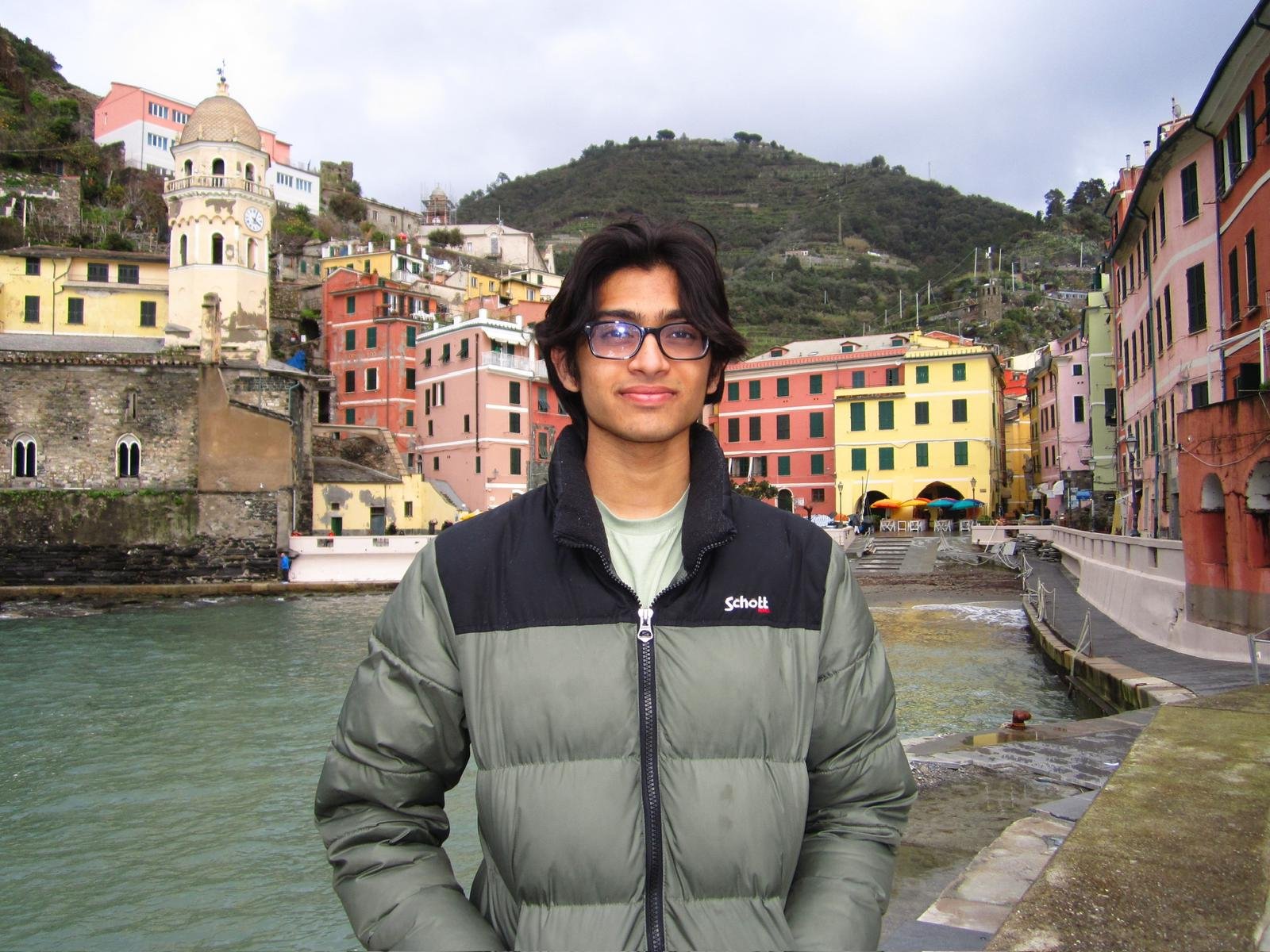
Surya Ambatipudi (GWU)
Contributor

Sapna Suresh (GWU)
Contributor

Moss Gillespie (GWU)
Contributor

Chaewon Hong (GWU)
Contributor
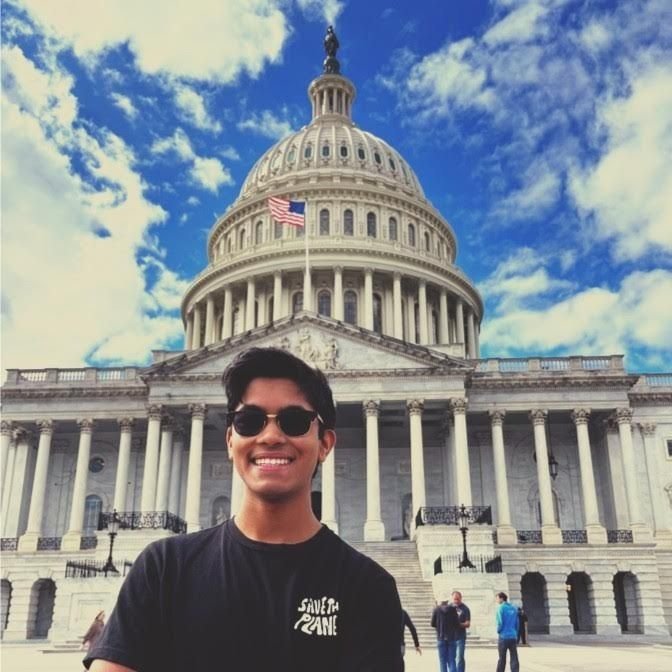
Saiyam Shah (GWU)
Contributor
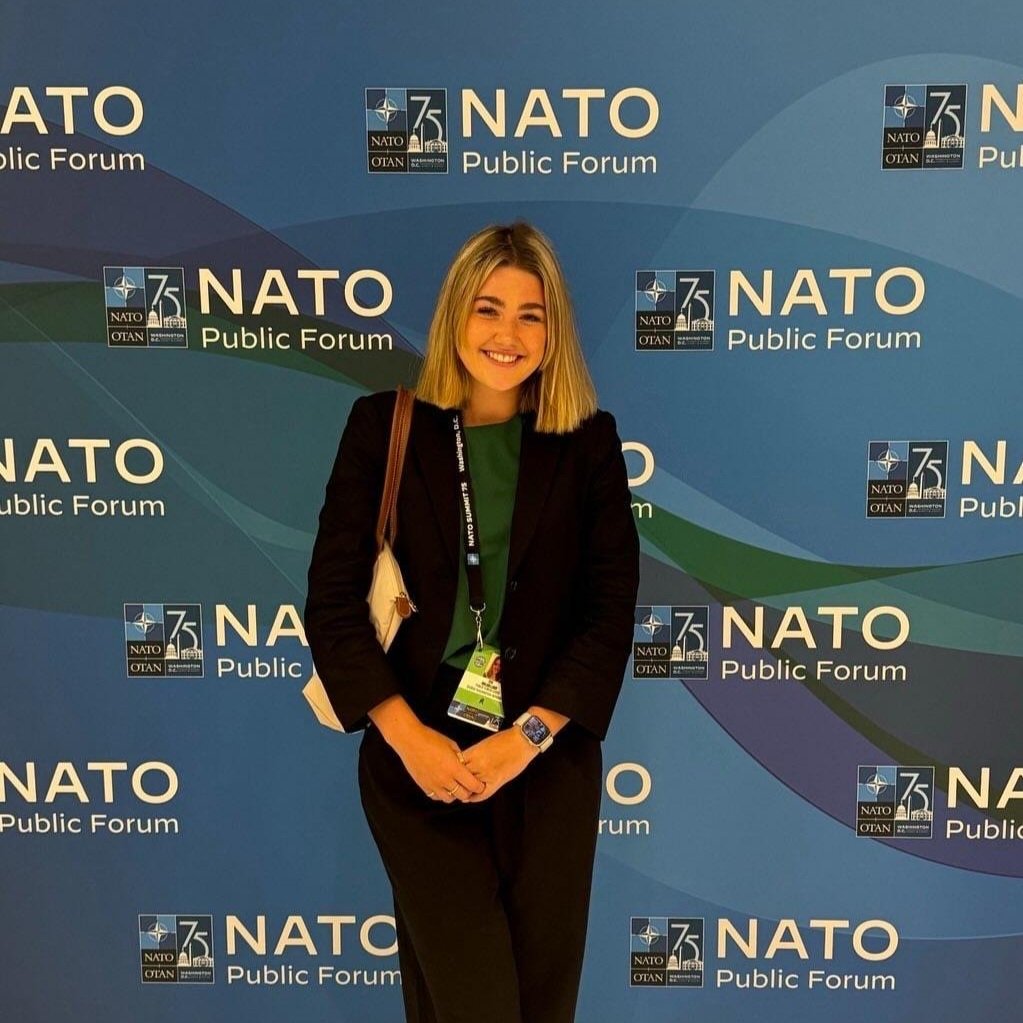
Eva Mulholland (GWU)
Contributor

Raihan Choudhury (GWU)
Contributor

Beatrice Ehrhardt (Univ. of Glasgow)
Contributor

Pauline Perrotin (GWU)
Contributor

Conrad Goerl (GWU)
Contributor

Stanislaw Biskupski (GWU)
Contributor
Sahib Singh
Contributor

Antoine Felitti (Sciences Po)
Contributor

Lara Gila (Sciences Po)
Contributor

Francis Stafilopatis (GWU)
Contributor

Charlie Poulos (GWU)
Contributor

Logan Hall (GWU)
Contributor

Larissa Iannella Oliveira (GWU)
Contributor

Konstantinos Gkikas (Sciences Po)
Contributor

Evelina Kynigopoulos (GWU)
Contributor

Olivia Tobolski (GWU)
Contributor

Irene Bonzi (Sciences Po)
Contributor

Andrea Radoman (GWU)
Contributor

Jorge Braceras (Un. Auton. de Madrid)
Contributor
Leadership
Members

Erwan Lagadec (GWU)
Program Lead, GWU Transatlantic Program; Associate Research Professor of International Affairs






